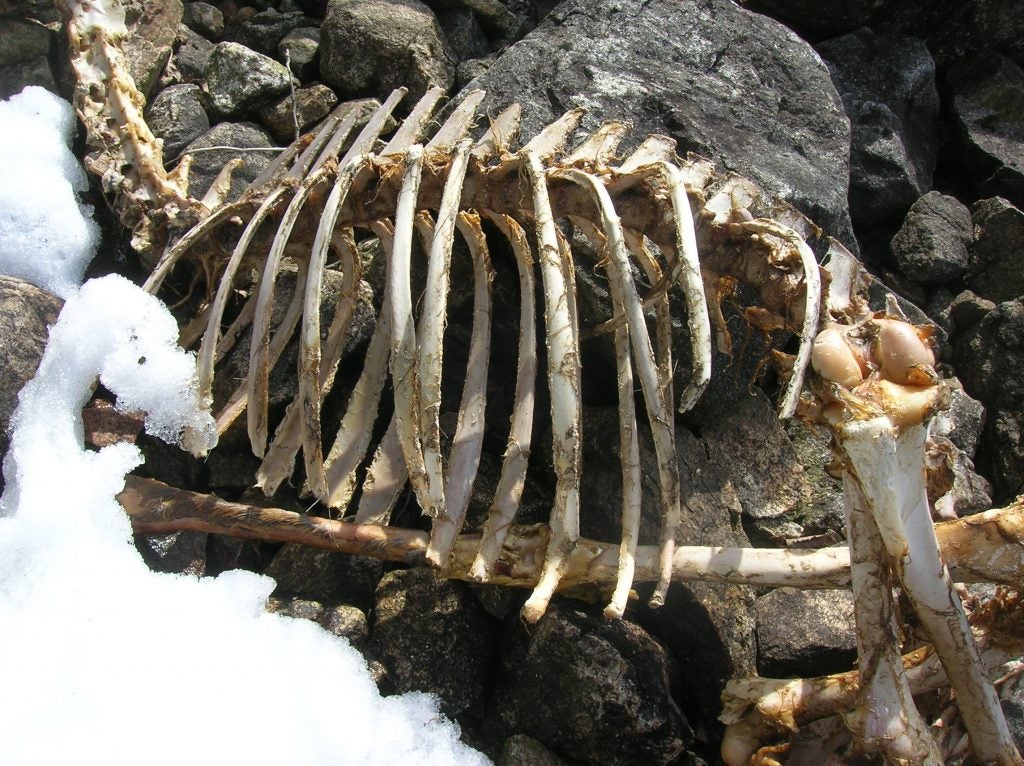Swan’s poetry in A Kinship with Ash gives voice to the desperate edge on which our fellow travelers and we reside, whether animal, plant, or human. The poet focuses on the earth’s ecology and the changing elements in nature. She does not concern herself with rhyme or meter, but chiefly with the content of her message. But this thematic concentration does not detract from the lyrical levels she attains. Her underlying message is similar to that of Rita Wong’s in undercurrent or Kim Goldberg’s in Devolution: as the earth and its inhabitants evolve, by carelessness we have allowed so much “to be taken away” through carelessness. However, Heather Swan does not write from a place of abandoned hope. She questions what must we do? but does not despair. She maintains an equilibrium that allows her poems to bend toward beauty. “Not the apocalypse,” she writes in “On Sun,” “but the partial eclipse of the heartland…the air a rage of stars.” (p.38)
Not all of Swan’s verses are solely about ecology and the damage already done to various natural systems. “One Kind of Desire” presents a beautiful description of a mother’s love for her child. Its lines “Love is a cliff in high wind / with no handholds” reveal the passion of the relationship. And “Bowl” describes the poet’s filial love for her mother as if the love were embodied in a bowl, baked in a kiln, ravaged by fire and vitrified, forming “a vessel both empty and full.” One poem describes an underwater experience, another a taxidermist’s preparation of the body of a warbler to be placed in a zoological collection. One poem pays tribute to the philosopher-critic Walter Benjamin, and another to the ecologist Bernie Krause, who records the sounds of creatures, and the absence of those sounds as voices become silenced.
“Cows, Rain, Bees” honors the bees who “labor / toward a sweetness / which is taken from them / again and again, / but keep returning / from the fields of clover.” (p.9) We witness the undying persistence of nature as it presses toward wholeness.
There is a German expression, “better to bend than to break.” Swan’s poem “On Lightness” (p.21) renders this message tenderly, as a wren alights then lifts off from a fern, “the fern sways / upright, opening its arms, / once again, to the sun. / If only it could always / be like this: / the burden of one / never breaking another.” In this poem, we sense again Swan’s underlying message, or plea, as we might name it, that plants, animals, and humans could coexist in systems of homeostasis, neither species breaking the other.
This well-crafted volume is beautiful in its layout, and artist Emily Arthur offers an attractive cover with her Diptych screenprint Red Sky, Star Map of Home, 2014. The cover draws attention to the universe and is so relevant to the themes within the collection. One could wish all poetry collections were as carefully prepared and edited as Heather Swan’s A Kinship with Ash.
Swan is the winner of the Sigurd F. Olson Nature Writing Award. She teaches writing and environmental literature at the U. of Wisconsin-Madison. Her poetry has appeared in such journals as Cold Mountain Review, Phoebe, The Raleigh Review, and Midwestern Gothic.

A Kinship with Ash by Heather Swan
Terrapin Books
79 pgs., paperback, $9.78
ISBN 9781947896314
About the reviewer:
Carole Mertz, poet and essayist, reviews regularly for several journals, including Eclectica, Mom Egg Review, Compulsive Reader, and elsewhere. She is Book Review Editor at Dreamers Creative Writing. Carole is the author of the poetry collection Color and Line, (Kelsay Books, 2021). www.carolemertz.com






